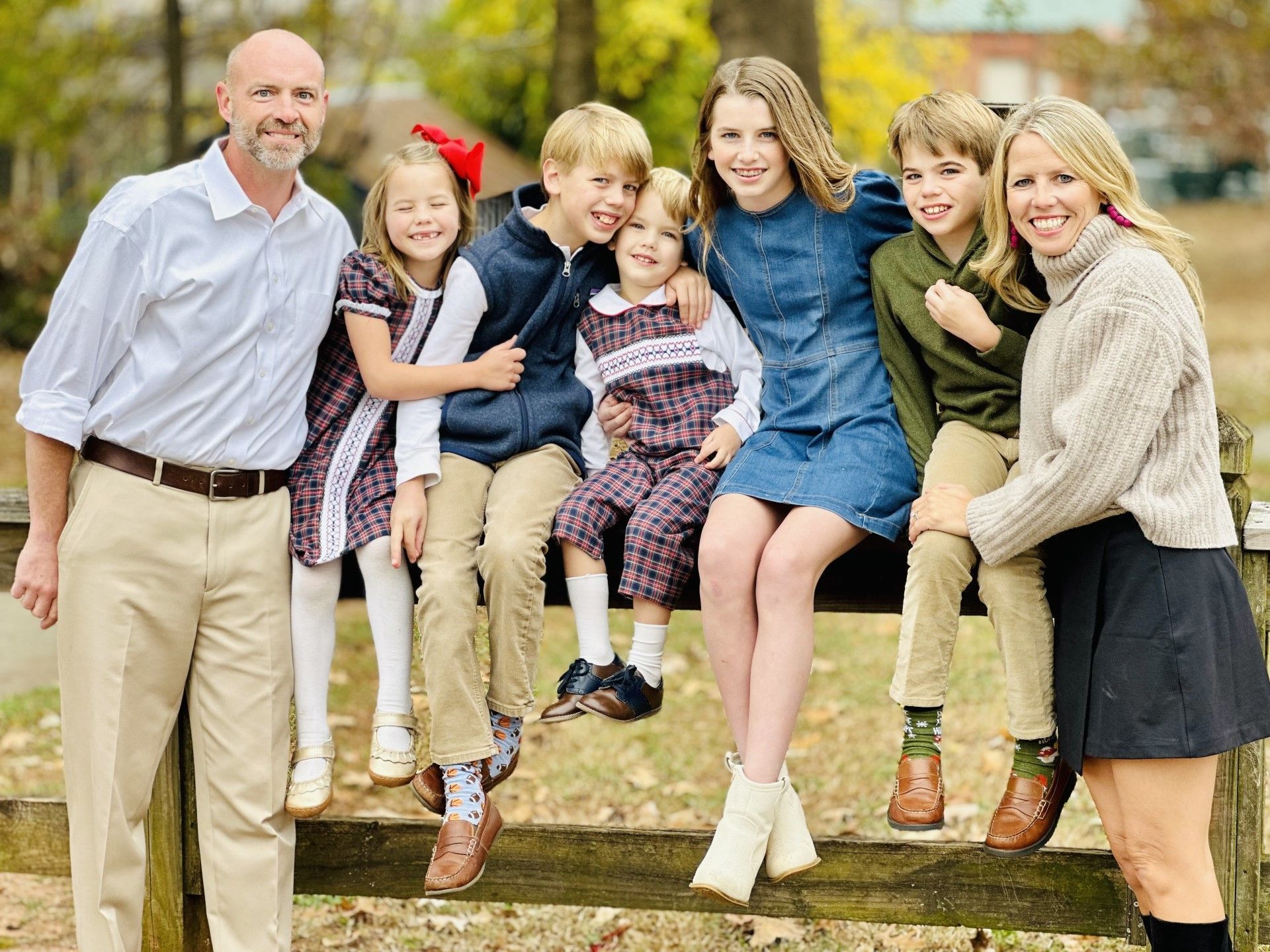Rare Disease Day 2024

This day always brings a mix of emotions for our family. Feelings of frustration, defeat, and exhaustion at the hands of rare disease coexist with immense trust and faith in a good plan for our son. We know with every fiber of our beings that nothing is wasted in Thomas’s story or ours.
This year, I am thinking about the parents who have just received a diagnosis for their child. Maybe, like us, there was some relief in having an explanation for your child’s struggles. Maybe, also like us, the diagnosis day was worst day of your life. If I could go back 7 years and talk to the young mama falling to her knees in her son’s preschool bathroom as the geneticist confirmed her worst fears, I would have so much to share.
I would gently tell her:
Thomas will be okay. You will be okay. Your family will be okay. Take one hour at a time.
It’s okay to grieve what you thought His life would look like. But, truly, no parent knows what the future holds for their child. His story is still unique and beautiful.
Access every ounce of early intervention you can. Sit on hold for hours with insurance companies and resources for help. It is maddening but each minute matters. Use school based therapies and private ones if you can. Waiting rooms will become a second home but miracles happen in those PT/OT/Speech/ABA sessions.
Take care of yourself. You cannot pour from an empty cup and you will undoubtedly have to pour out more than many mamas. Make time for exercise, for time alone, for friendships, for nurturing your relationship with your spouse. Get up early if you can. Those quiet mornings when noone needs you will fill your soul quickly.
Let people in. If someone offers you a meal or to take your other children for the day or to bring you coffee, accept their offer. In the Christian faith tradition, a man named Simon helps Jesus carry His cross. Many days rare disease is indeed a cross. You will need help carrying it.
Spend time with your child doing things that have nothing to do with therapy or doctor’s appointments. Take him to a park, play a game with him, delight in who He is. He needs to know He is more than a diagnosis.
Let the waves of grief crash as often as you need. But also leave space for glimmers, those soft, quiet whispers of hope and joy. Look for them in the everyday victories. Celebrate the first time he steps off a curb without falling and when he communicates his needs independently. Cheer him on when he ties his shoes or offers to help a sibling with homework. Be intentional about looking for the joy. You’ll find it.
To Thomas’s mama of 7 years ago, wailing on that bathroom floor, take heart. Your boy will climb Everest day after day. The sheer heroism of his grit and perserverance will astound you. You will bear witness to many miracles. The therapists and teachers who pour into your son will become like family, themselves heroes. Your other children will grow in compassion and patience and thoughtfulness. Your husband will carry you when you grow weary. Thomas will make it, mama. And so will you.
